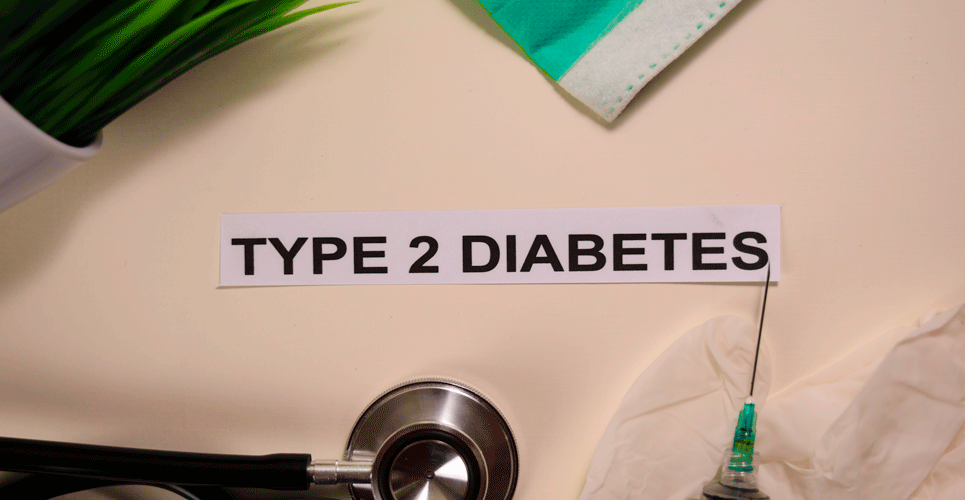Very low energy diets (VLED) or formula replacement diets provide the greatest degree of weight loss for patients with type 2 diabetes
A VLED or formula replacement diet appears to produce the greatest weight loss among those with type 2 diabetes according to the results of an umbrella review by researchers from the department of Human Nutrition, School of Medicine, University of Glasgow, UK.
The benefits of weight loss in patients with type 2 diabetes include a reduction in cardiovascular risk which is a major cause of morbidity and mortality and weight loss can lead to remission of type 2 diabetes. However, a more relevant question, is which specific dietary approach achieves the greatest amount of weight loss?
Both systemic reviews and meta-analyses combine the results of individual studies to provide an overall estimate of the effectiveness of a particular intervention. However, when there are many different treatment options or in this case, diets, an umbrella review, is a more appropriate methodological approach since it is essentially, a systematic review that considers several management options for the same condition.
For the present study, the research team were interested in evaluating the different dietary approaches to weight loss in type 2 diabetes. They searched for meta-analysis of randomised controlled trials of dietary advice for weight loss in adults, excluding any trials in which there was a drug or exercise or surgical intervention included and synthetized the findings by the type of diet, e.g., VLED, low carbohydrate etc. For the next part of the study, the researchers looked for trials in which type 2 diabetes remission occurred with weight loss diets and again assessed the quality of these trials.
Findings
For the first analysis (i.e., RCTs of diets for weight loss), there were 21 systematic reviews including 19 meta-analyses that met the inclusion criteria. Dietary interventions considered were low carbohydrate diets, high protein, Mediterranean diets, formula meal replacement, very low energy diets, intermittent fasting and high monounsaturated fatty acid, vegetarian and low glycaemic index diets. The weighted mean difference (WMD) of weight loss with VLED diets after 3 months was the highest at 6.6 kg compared to formula meal replacement diets with a WMD of -2.4 kg over 12 to 52 weeks. Low carbohydrate diets were no better than high carbohydrate diets and high protein, Mediterranean, high monounsaturated fatty acid diets, all achieved minimal weight loss compared to the control diets used as comparators in the trials.
For remission of type 2 diabetes, the median remission at 1 year was 54% although of the 14 studies included in the analysis, only two had remission as a pre-specified outcome and both employed a similar, reduced energy diet (800 – 850 kcal/day). Most of the other studies were deemed to be at a high risk of bias.
The authors concluded that although VLED and formula meal replacement diets are the most effective, there was no evidence that the macronutrient profile (i.e., high protein, low carbohydrate etc) impacted on weight loss. They suggested that future studies rather than seeking to exploit differences in the macronutrient content, need to focus on providing optimal patient support.
Citation
Churuangsuk C et al. Diets for weight management in adults with type 2 diabetes: an umbrella review of published meta-analyses and systematic review of trials of diets for diabetes remission. Diabetologia 2021

